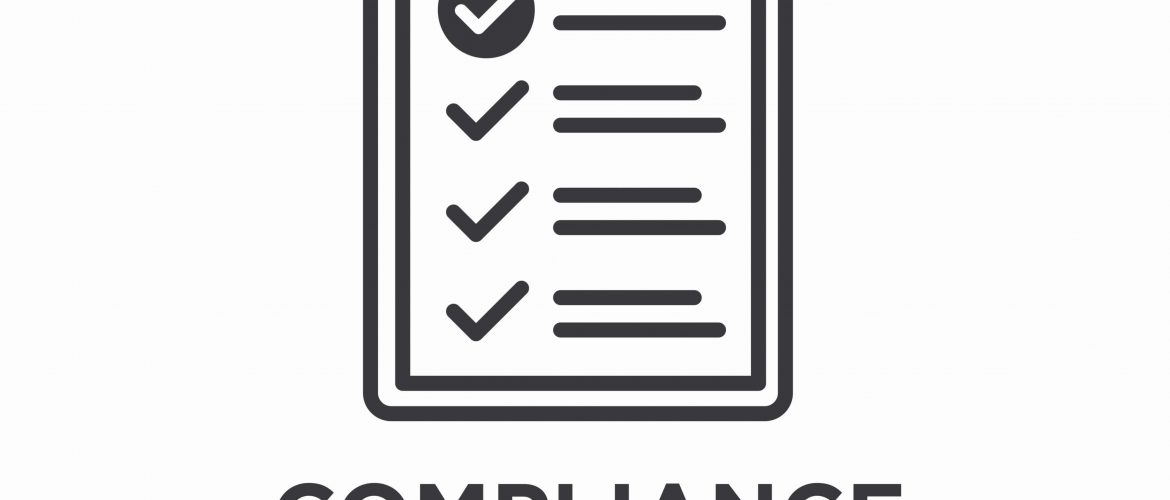Jeannine LeCompte, Publishing and Research Coordinator
Skilled Nursing Facilities (SNFs) are legally obligated to ensure that their cost reporting systems are in compliance with the Centers for Medicare & Medicaid Services (CMS) regulations. Cost reporting is, like all other aspects of the financial cycle, subject to minimum norms and ethical standards, designed to ensure full compliance with the law.
For example, cost reports sent to outside parties must be consistent with the “prudent buyer principle,” as defined by CMS (“Costs related to Patient Care,” Medicare Provider Reimbursement Manual, DHHS, 2012).
According to this definition, a “prudent and cost-conscious buyer not only refuses to pay more than the going price for an item or service, he/she also seeks to economize by minimizing cost. This is especially so when the buyer is an institution or organization which makes bulk purchases and can, therefore, often gain discounts because of the size of its purchases. In addition, bulk purchase of items or services often gives the buyer leverage in bargaining with suppliers for other items or services. Another way to minimize cost is to obtain free replacements or reduced charges under warranties for medical devices. Any alert and cost-conscious buyer seeks such advantages, and it is expected that Medicare providers of services will also seek them.”
CMS defines reasonable costs as taking into “account both direct and indirect costs of providers of services, including normal standby costs.” A cost reporting system must prove that all claims are reasonable through adequate documentation.
Costs directly related to patient care are defined as all necessary and proper costs which are appropriate and helpful in developing and maintaining the operation of patient care facilities and activities. These include personnel costs, administrative costs, costs of employee pension plans, normal standby costs, and others. All non-allowable costs must be properly identified and removed.
Costs not related to patient care are defined as those which are not appropriate or necessary and proper in developing and maintaining the operation of patient care facilities.
CMS has a list of non-allowable costs which includes the costs of meals, drugs, and gifts sold or provided to visitors. In addition, all alcohol, no matter how provided, is non-allowable, as are entertainment costs, personal use of vehicles, financial penalties of any sort, educational expenses for any dependents, and any other expenses clearly not related to patient care.
Finally, there is also a legal requirement upon all personnel to report questionable or false cost accounting to the compliance officer or compliance hotline.













































